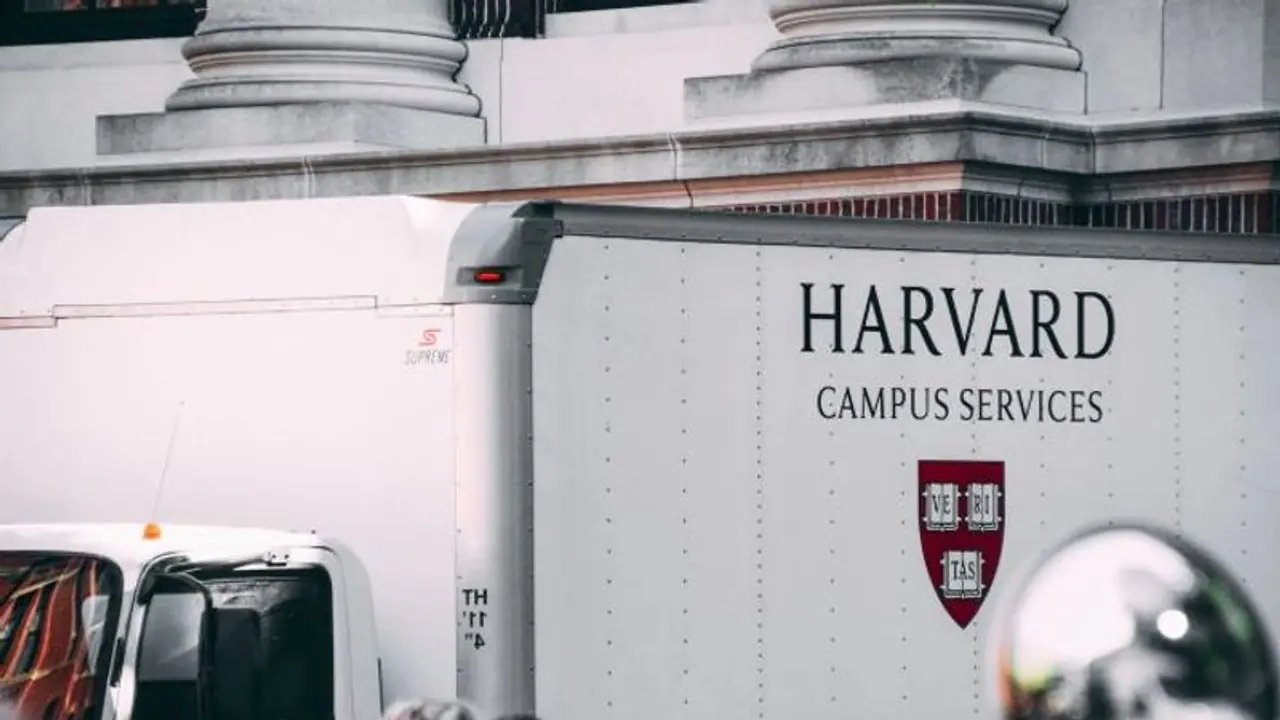The US Supreme Court has banned the use of race and ethnicity in university admissions, impacting affirmative action efforts. The conservative majority's decision, while acknowledging good intentions, deems it unconstitutional discrimination. Students for Fair Admissions prevail in their lawsuit against Harvard and UNC
In a significant ruling, the US Supreme Court has prohibited the use of race and ethnicity in university admissions, marking a blow to long-standing affirmative action practices that aimed to enhance educational opportunities for African-Americans and other minorities. The conservative majority of the court once again displayed a readiness to overturn liberal policies that have been in place since the 1960s, following last year's decision to overturn the right to abortion.

The court's decision, with a 6-3 conservative-liberal split, reflects a right-wing opposition to affirmative action programs that seek diversity in educational and professional settings. Chief Justice John Roberts, in the majority opinion, acknowledged the well-intentioned nature of affirmative action but argued that it cannot be sustained indefinitely, deeming it unconstitutional discrimination against others. Roberts emphasized the importance of treating students based on their individual experiences rather than their race.
Revealed: REAL reason why Wagner boss Yevgeny Prigozhin went rogue
While universities may consider an applicant's background, including exposure to racism, as part of the admissions process, making decisions primarily based on race amounts to racial discrimination. In response, Justice Sonia Sotomayor strongly criticized the majority's stance, accusing them of being blind to the reality of a deeply segregated society. She argued that disregarding race will not bring equality to a racially unequal society, emphasizing that acknowledging inequality is crucial for achieving true equality.
The court's ruling favoured Students for Fair Admissions, an activist group that sued prestigious institutions such as Harvard University and the University of North Carolina over their admissions policies. The group contended that race-conscious admissions practices discriminated against Asian Americans with equal or superior qualifications.
The judges observed in the verdict, 'Today, this court stands in the way and rolls back decades of precedent and momentous progress. The Court cements a superficial rule or colourblindness as a constitutional principle in an endemically segregated society where race has always mattered and continues to matter. The Court subverts the constitutional guarantee of equal protection by further entrenching racial inequality in education, the very foundation of our democratic government and pluralistic society.'
Conservatives celebrated the ruling as a victory, claiming that affirmative action is inherently unfair and no longer necessary due to advancements made by Black individuals and other minorities. Former President Donald Trump hailed the decision as a positive step toward fairness in the college admissions process. However, progressives view this ruling as another significant setback, following the court's reversal of the landmark Roe v Wade decision, which guaranteed women's right to abortion.
The decision against affirmative action could potentially lead to the cessation of programs aimed at providing disadvantaged minorities with additional considerations in the competitive admissions process. Furthermore, Justice Sotomayor argued that it may hinder universities' efforts to evaluate admissions based on values beyond standardized test scores.
Overall, this ruling has profound implications for the future of affirmative action and may shape admissions policies in universities across the United States.
